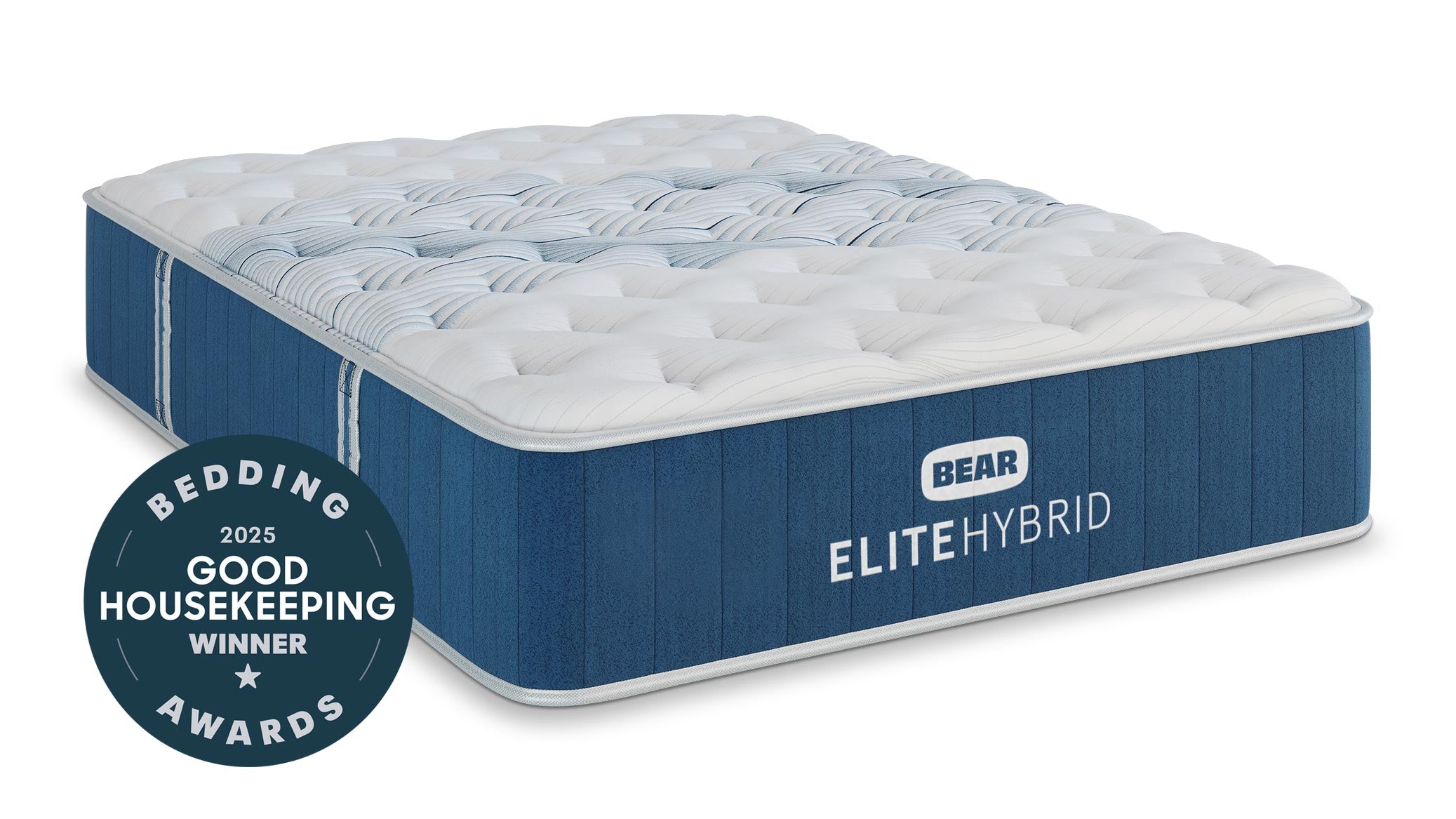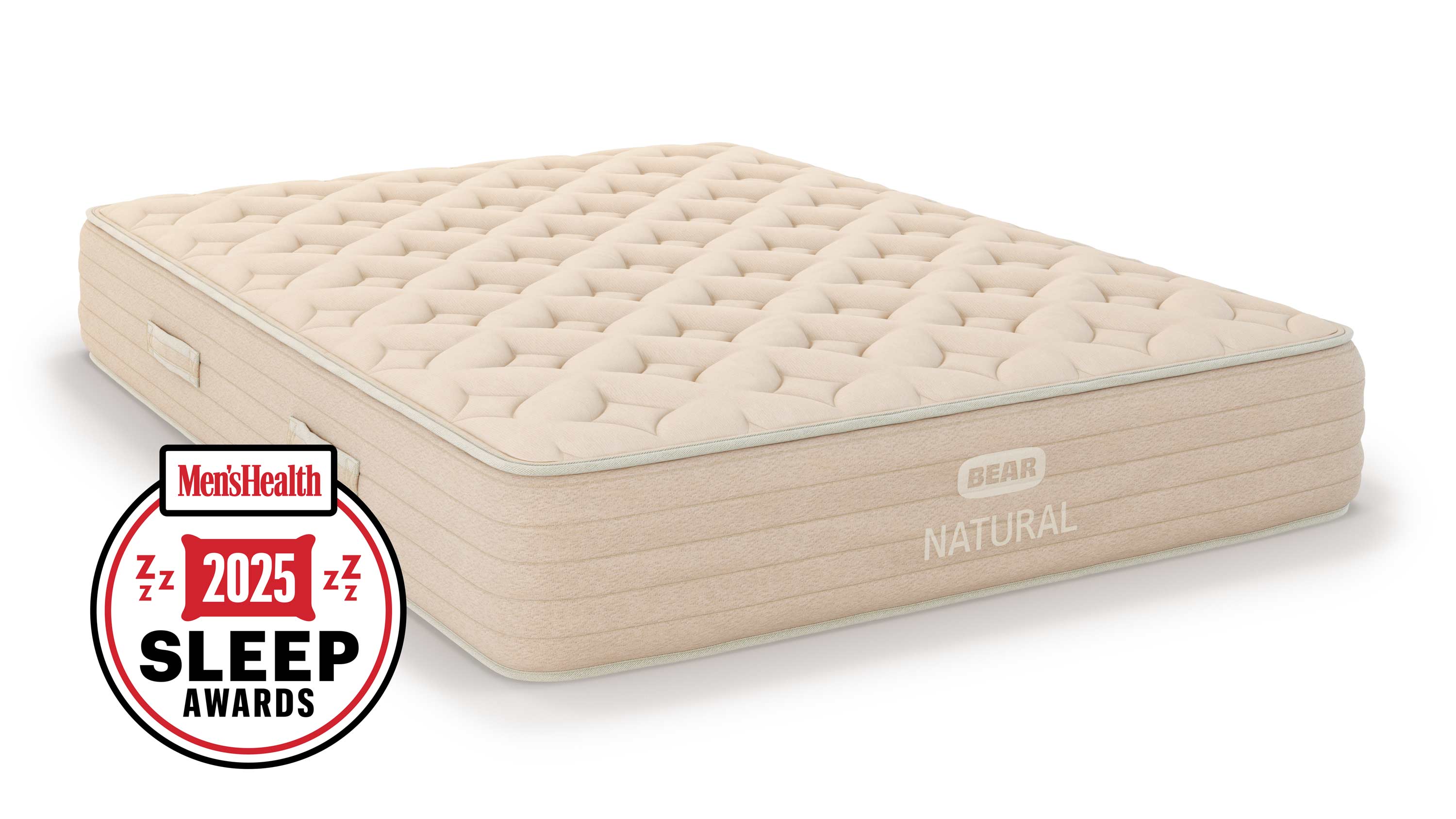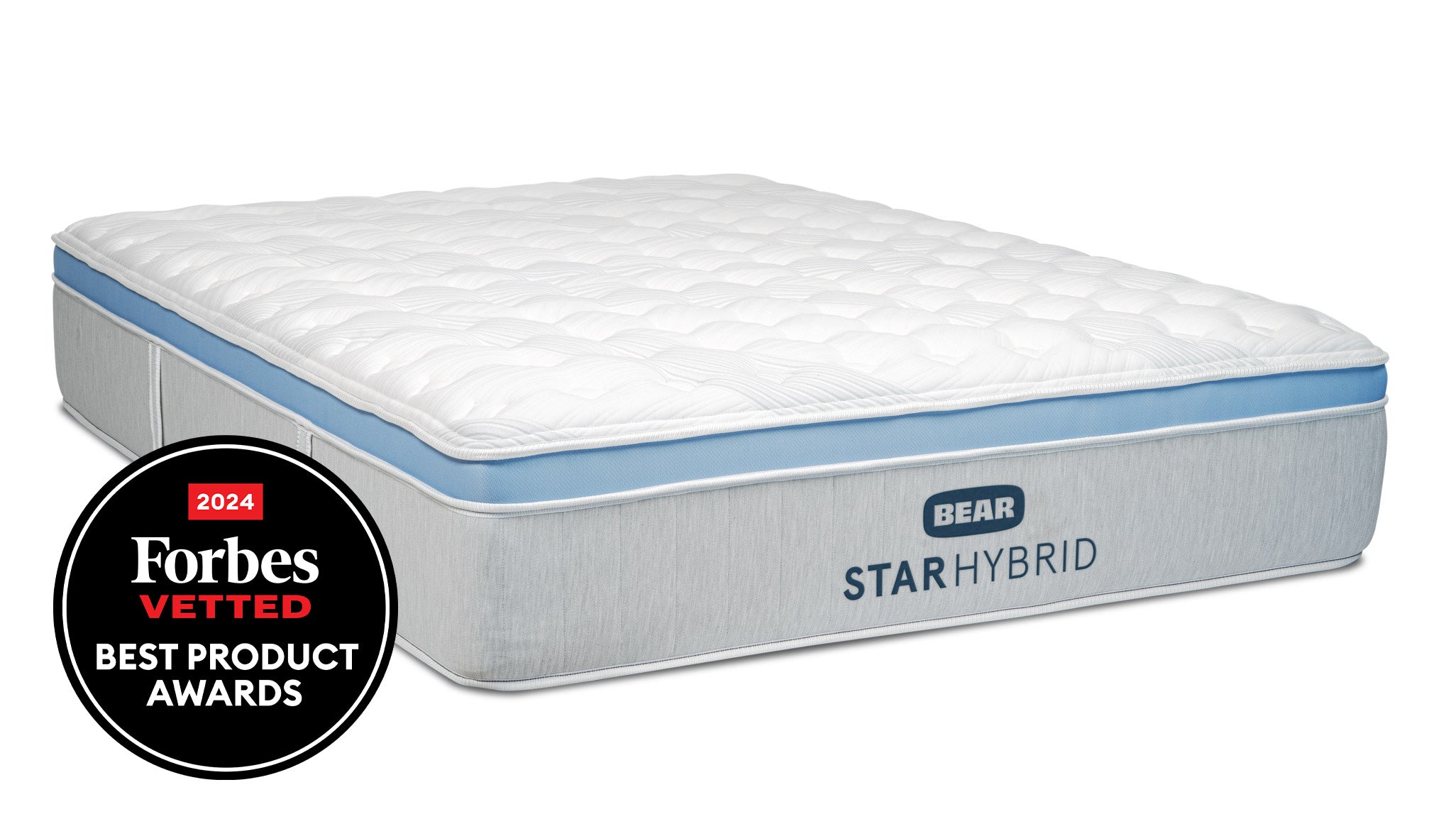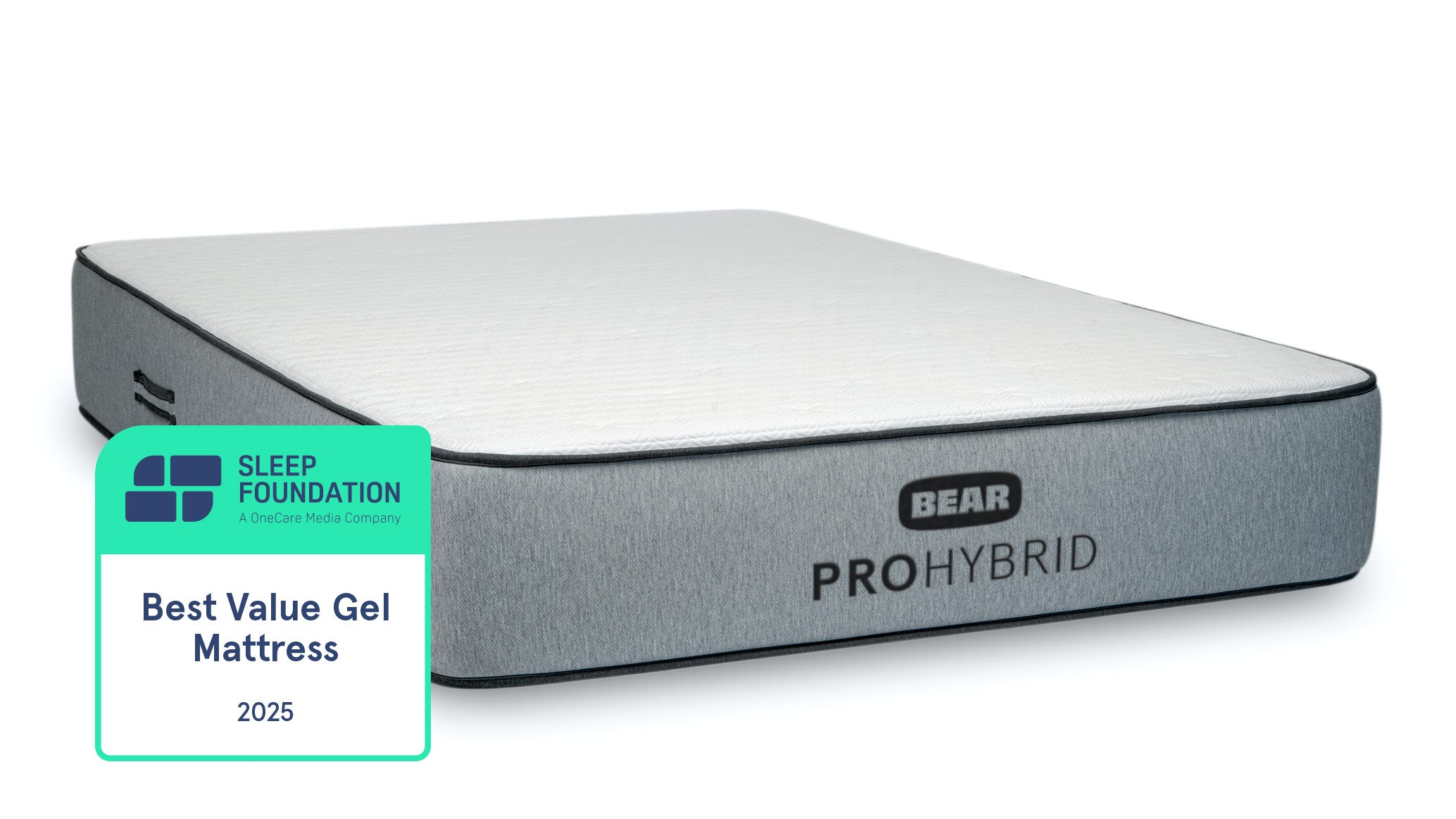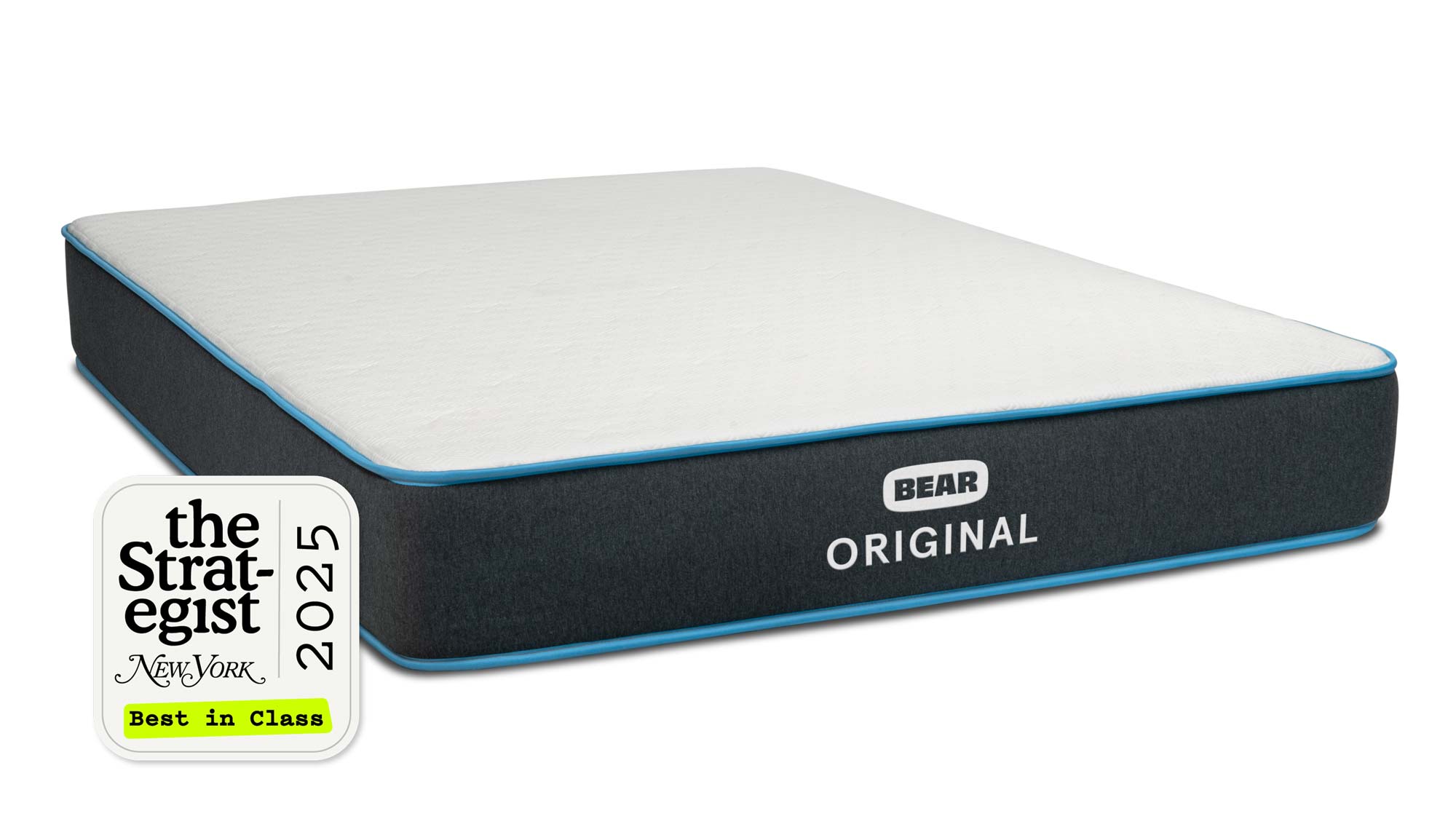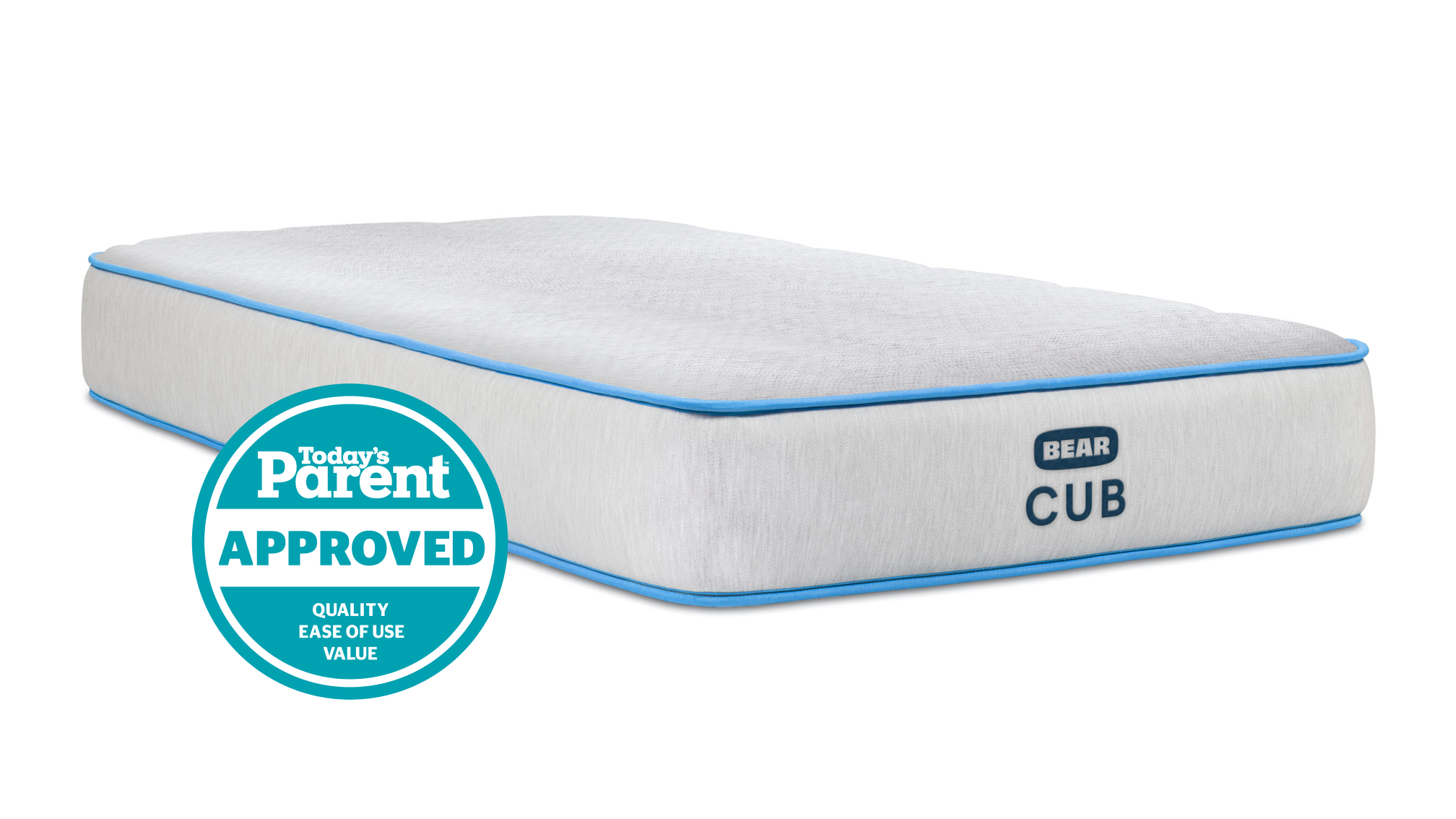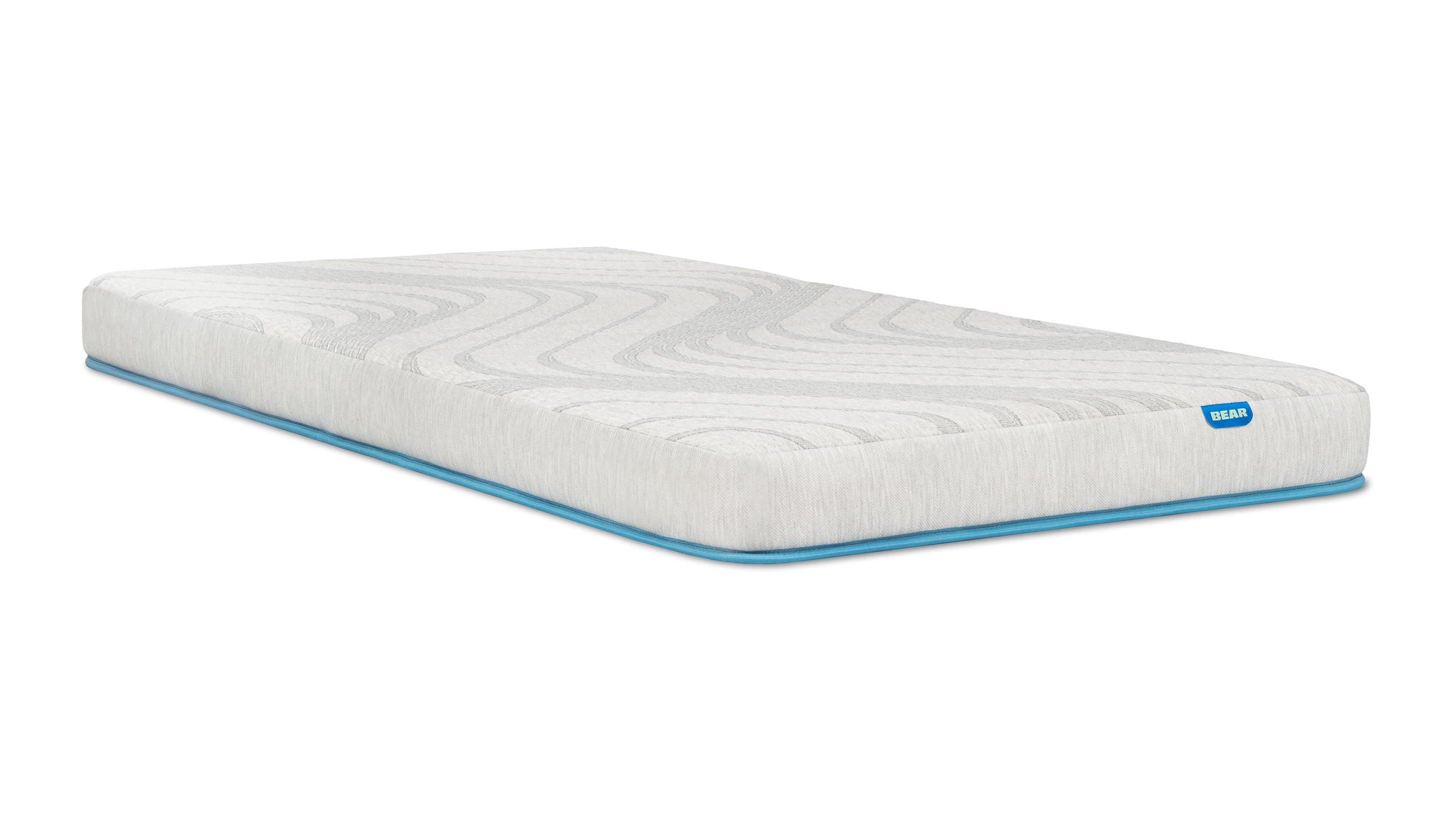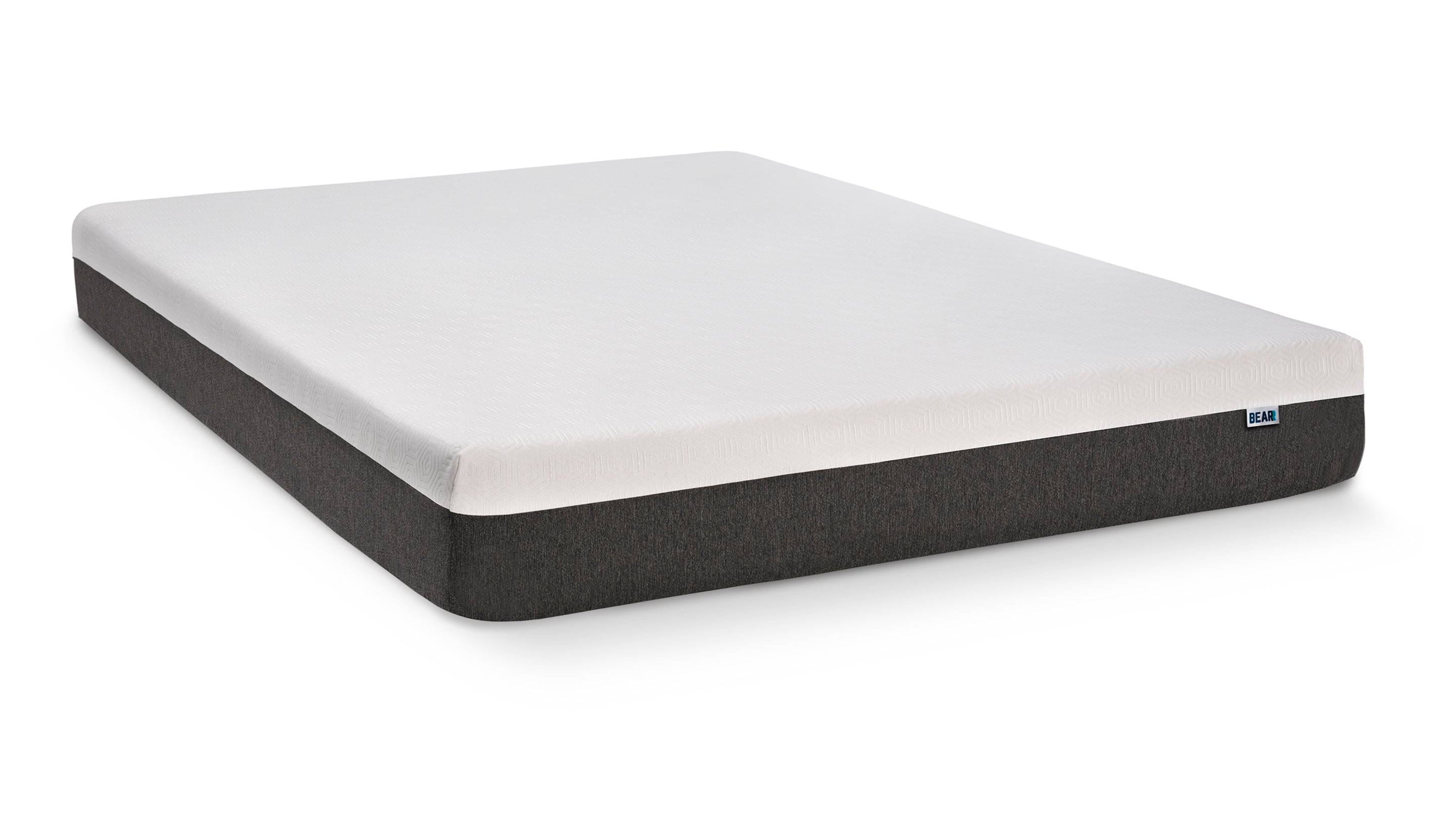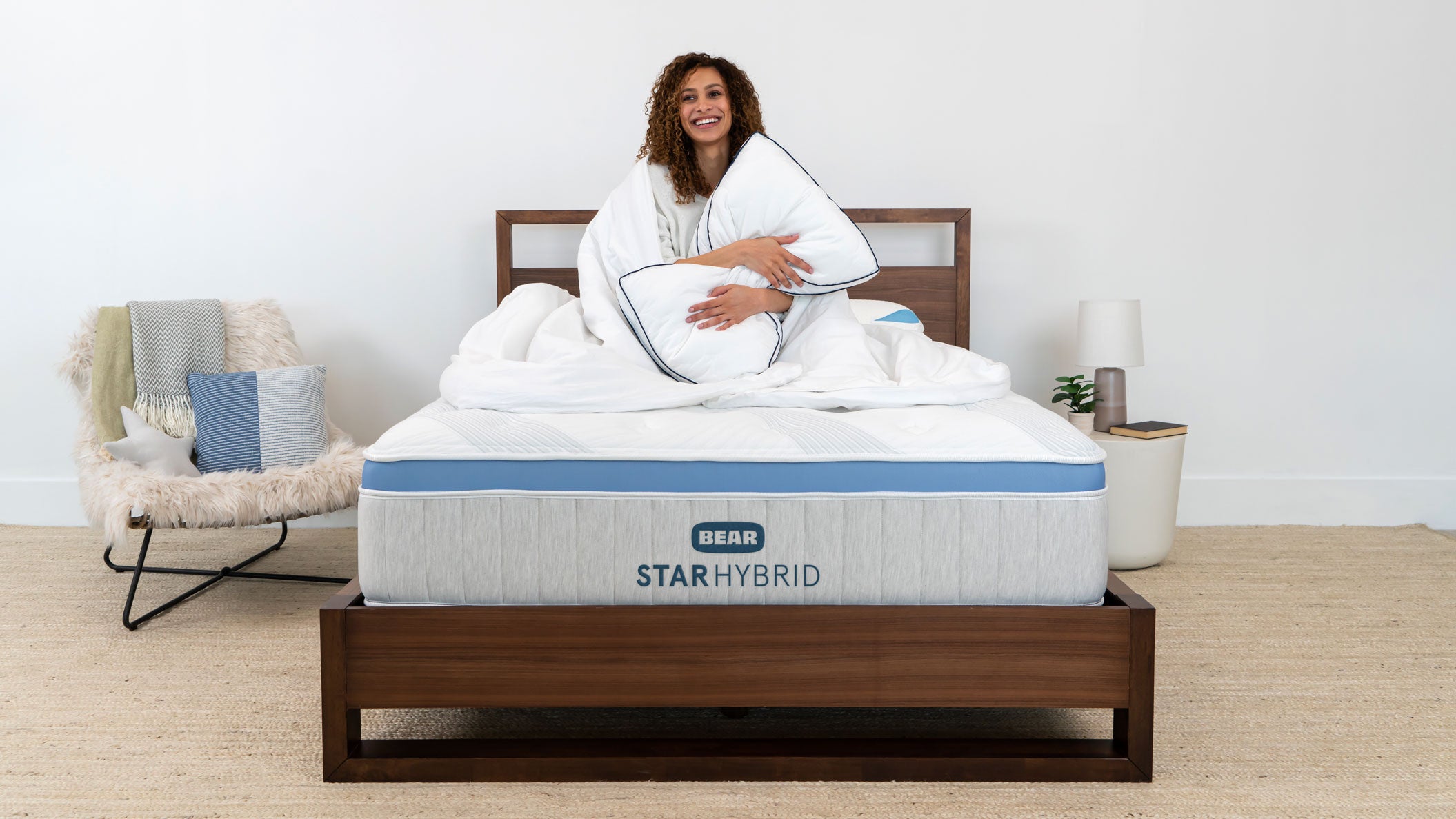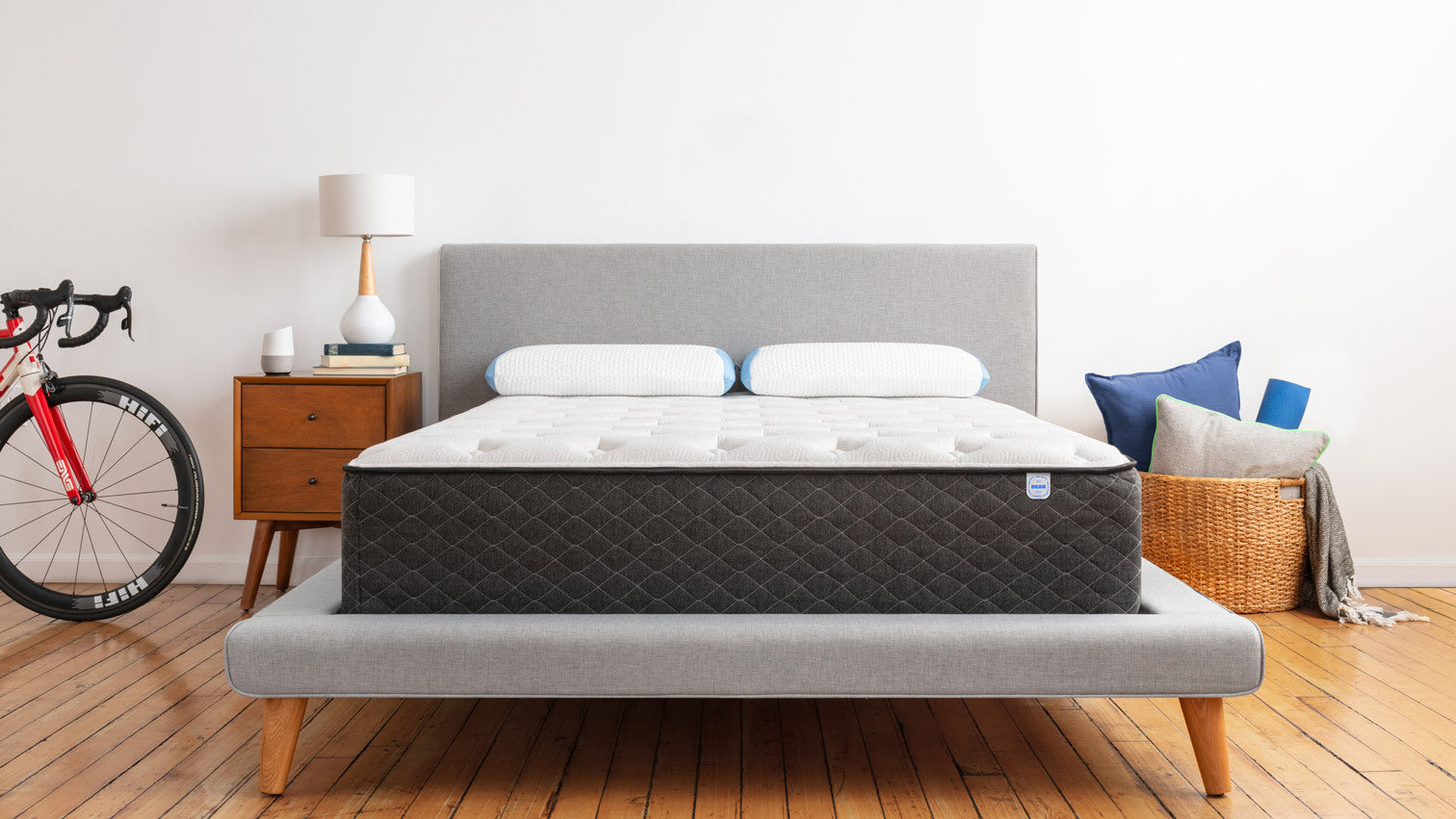There’s nothing more valuable than a good night’s rest. A good night’s rest can become more challenging when you’re sharing that space with another. Couples will have to adapt to each other’s sleeping habits and snoring can become a cumbersome problem. Snoring is occasionally experienced by 45% of the population and regularly by about 25% of the population. So what fixes are there for snoring?

Sleep position can greatly affect snoring. Sleeping on your side as opposed to on your back can often help prevent snoring as it stops your tongue from resting against the back of your throat. If you’re not used to sleeping on your side, try adding a pillow next to you to prevent yourself from turning over in the night. Another way to help avoid snoring is to sleep with an Adjustable Flex Bed. This way you can prop your head up and help open your nasal passages.

Another idea to help tackle the problem of snoring is avoiding alcohol. Alcohol reduces the resting tone of the muscles in the back of your throat. "Drinking alcohol four to five hours before sleeping makes snoring worse," Sudhansu Chokroverty, MD, FRCP, FACP, program director for Clinical Neurophysiology and Sleep Medicine at JFK Medical Center in Edison, N.J. says. "People who don't normally snore will snore after drinking alcohol."

Keeping your nasal passages open is another way to help prevent snoring. As Daniel P. Slaughter, MD, an otolaryngologist and snoring expert at Capital Otolaryngology in Austin, Texas explains "Imagine a narrow garden hose with water running through. The narrower the hose, the faster the water rushes through.". When your nose is stuffed up or your nasal passages are not open fully, the fast moving air is more likely to produce snoring. There are a few ways to help prevent this problem. As discussed earlier, sleep position can help keep your nasal passages clear, but there are other ways too. A hot shower before bed can help clear your nose as can using a bottle of saltwater rinse in the shower.
There are products you can use to help your nose. A neti pot for example is a commonly used tool to help clear things out. Nasal strips can also assist in lifting your nasal passages to open them up. These can be effective assuming your snoring is being caused by your nose and not your palate.

The hygiene of your pillows and sheets can also affect how you sleep. Dustmites and allergens can wreak havoc as you sleep. Pillow cases are often a culprit for containing dustmites so be sure to regularly wash your pillowcases to prevent excess allergens from affecting your sleep. It is recommended that you wash your pillowcases at least every two weeks and your sheets should probably be washed once a week. The Bear Cooling Foam Pillow is built with hypoallergenic/anti-microbial materials which helps stop dustmites, bacteria, and allergens. Eliminating potential allergens can greatly reduce the potential for snoring and will leave you waking up feeling more refreshed.
